(Image from my book, Art & Chronic Pain – A Self Portrait)
Navigating the horrific pain journey is complex enough.
Patients need GPs who steer them to appropriate treaters via the shortest route – our GPs are our GPS!
Do you have a good one?
Seriously, I could entertain myself for hours with the puns between GPs and GPS but I’m just going to make my point as I have better things to do, as you do!
After 11 years in the pain world, I honestly can say that I don’t feel I was travelling via a poor GPS with my two GPs while undiagnosed for 4.5 years. In fact, my personal GP that I’d been seeing since I was 17, hand balled me to a sports GP as soon as her brief investigations didn’t return results.
I believe the problems I experienced were due to the poor understanding for chronic pain at the time – we didn’t have pain scientists nor access to the many amazing specialists that we have now.
So for anyone experiencing chronic pain – ANY chronic pain, right now – needs to be swiftly directed to the right place.
Easier said than done as some professionals are laggers. Not that I’m qualified to say, but this is how I see the GPs and their GPS situation.
GP 1 (terrible GPS)
This GP:
- has an outdated list of contacts and resources
- follows the media for medical information
- might think they can solve your chronic pain problem on their own by:
- trying to diagnose and treat you themselves
- prescribing short term meds for long term use as a first resort
- sending you for endless other tests
This GP:
- will be sending you to the wrong specialists (ie sending you to a podiatrist if you have chronic pain in your foot)
- will never do the right thing and send you away
- is going to cost you a whole lot more in pointless appointments
- will most likely lead you down a dead end street each time
- add to your pain
- will require regular visits from you
- prevent appropriate pain management
- may lead to avoidable medication dependency
- put you at risk of living with chronic pain when it can be avoided.
GP 2 (excellent GPS)
This GP:
- has an updated list of contacts and resources
- keeps up with medical information
- has great insight and instinct that they use to assess you
- identifies chronic pain very quickly
- sends you to a pain specialist FIRST.
This GP:
- will be affordable
- will only send you to appropriate appointments
- will place you on the best road with fastest route
- understands your experience and therefore can support you in the right way
- potentially leads to a solution so you only ever need to manage pain (and therefore hopefully does not become chronic).
It’s like any profession. If you don’t have, or seek the right resources, you’re going to provide crap service.
Pain specialists are what a cardiologist is to someone with heart problems – they are THE go to for any chronic pain and so they will specialise in the treatment and management for the condition.
If you need meds, a pain specialist will know and they’ll know which ones you can try. I am very sensitive to medication and so I have topical creams from My Compounding medications that I use as required (they’re heaven!).
If you need surgery, or other intervention, these specialists will know most about this too.
The medical profession is no different to any other in that it should provide a brilliant service. But it’s far more liable. Poor service in the medical field can have serious effects on an individual’s quality of life.
So think about how many appointments you’ve had or are requiring with your GP.
Have they suggested a pain specialist if you are presenting with persistent pain? Have they spoken to you about Explain Pain, Protectometer, and/or Pain Toolkit?
Have they suggested that you need to get online and research pain information for yourself?
You wouldn’t want to be answering ‘no’ to too many of the suggestions above. If you did, your global positioning system is poor and you’ll be running around in circles!
GPs are your GPS for navigating chronic pain… actually, they’re your GPS for any health condition.



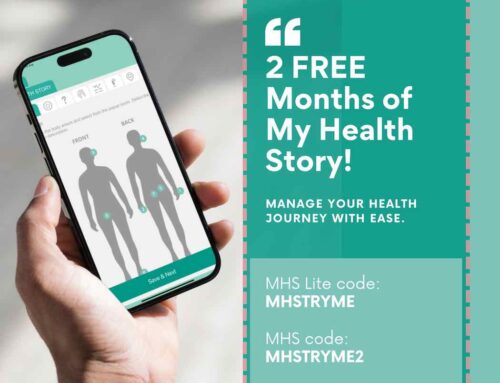
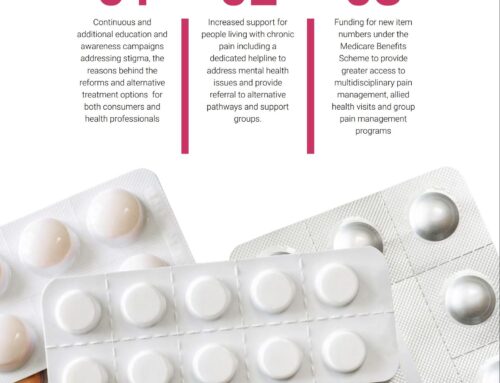
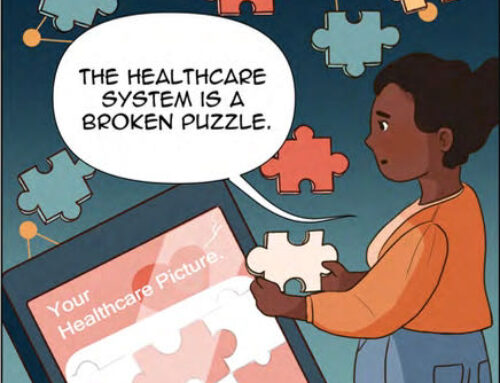

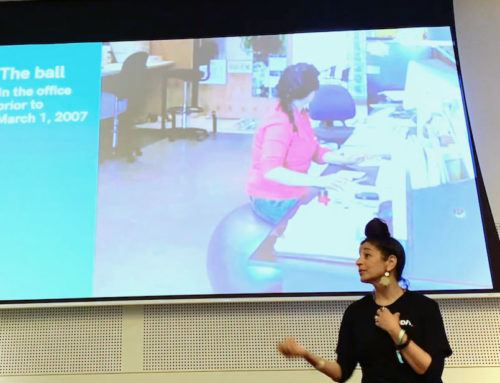
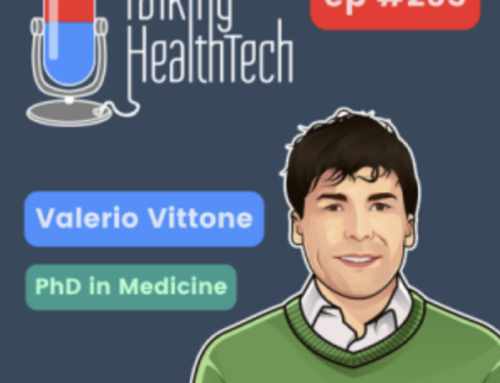
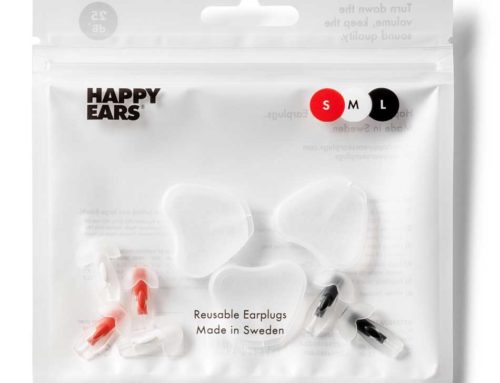
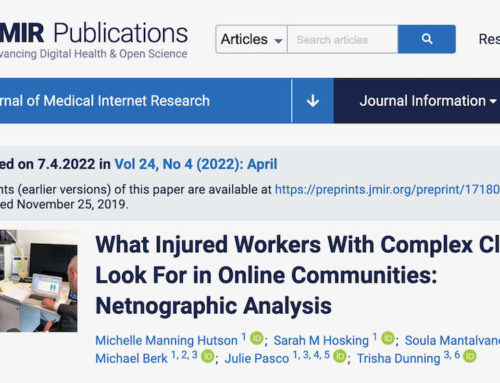
So totally agree Soula. If the 2 GPs who initially treated me had greater knowledge (or any knowledge) about chronic pain I wouldn’t have ended up with chronic pain. My one I see now is fabulous. He admits when he is out of his depth and refers everything to my fantastic pain specialist and neurosurgeon. Same applies to workcover. If your GP is clueless you are screwed.
Yep! So glad to hear you have a goodie! As for workcover… I wish they’d all protest report writing all at once so it forces a system change.